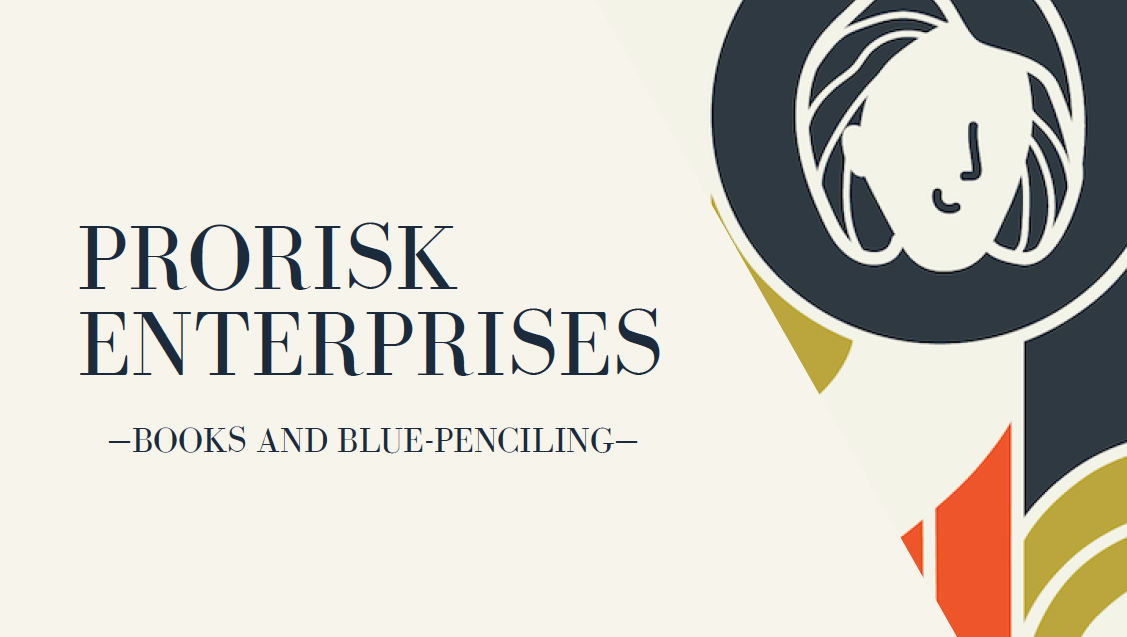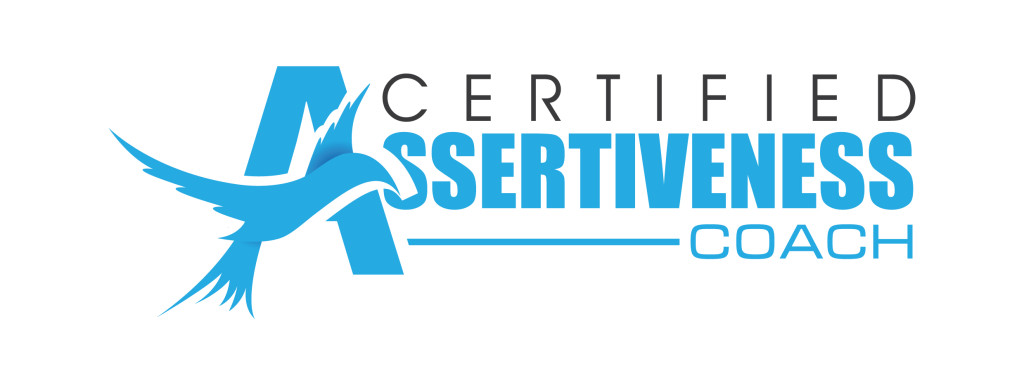“Maturity begins to grow when you can sense your concern for others beginning to outweigh your concern for yourself.” – John MacNaughton
Yes or no? Does the statement above ring true, false or push a button for you?
For sure, emotional maturity can affect your wellness, your relationships, and your career.
Emotional maturity means understanding your strengths and your weaknesses and using them to your best advantage. The ability to connect with others in a cooperative manner is a sign of emotional maturity. Our emotions make life interesting and exciting.
But is it mature to think more of others than yourself?
This statement pushed my buttons – big time!
SENSE OF SELF – PERSONAL EXPERIENCES
Want to find out how emotionally mature you are?
If a definition of self-concept relates to ‘how you see yourself’, a healthy self concept definition can only mean having a healthy sense of self.
Esteem comes from the Latin word ‘aestimare’ meaning – ‘to put a value on’, an estimate.
A definition of self esteem therefore, is the value you put on yourself.
Naturally, the higher you value YOU and what YOU do, the more confidence you will feel and demonstrate in the outside world.
Ask yourself these statements:
1. Do you know what strengths you possess?
2. How about limitations?
3. Are strengths easier to pick out in someone other than yourself?
See why the quote picked at me? I used to put others ahead of myself all the time. I used to consider others over myself. My grandmother even suggested that after I get my first job, I give the money to my siblings!
I shuttered to think what else I ingrained about giving myself up for others.
Hence, the biggest, harmful, painful emotion of all times to all people has taken over as a disease! Guilt!
Guilt
Being parents, leaders, care givers and partners presents challenges, which can be stressful and can bring some difficult feelings. The most common feeling that many women experience is guilt.
What Causes Guilt?
- Guilt is a feeling that we all experience at some time. We feel guilty if we think we have not lived up to the standards we set for ourselves, or if we think that we have done something wrong. We tell ourselves that we “should‟ have behaved differently, or that we “ought‟ to have done better. Sometimes we may even tell ourselves that we must be a bad person for feeling or acting in this way.
- You may experience many difficult feelings as you face the challenges of new roles ahead. You may feel tired, overwhelmed, sad, angry, frustrated, trapped, and stressed. You may then tell yourself that you shouldn‟t have such feelings, and that this makes you a bad person.
- You can feel under stress at times, which can lead to you feeling more irritable, snappy, and angry than usual. You may speak more sharply to others, or withdraw from others. Again, you may tell yourself you shouldn‟t act this way, and feel guilty for doing so.
- You may have to make decisions on behalf of your family, your spouse, your team, or the person you care for. These decisions may be difficult, particularly when the people you care for question these decisions. You may then also question your decisions, and wonder whether you are doing the wrong thing, and feel guilty. Heck, I’ve done that with simple things like what to prepare for lunch!
- You often find it hard to make time for yourself, and to do things that you enjoy. You may feel you shouldn’t take time for yourself; that you shouldn’t be away from your responsibiliteis, that you shouldn‟t even want to do things for yourself, and this again leads to guilt.
We feel guilty, we tell ourselves we shouldn’t act or feel like this, which makes us feel guiltier and so on. This guilt cycle can drain our energy; it can make us feel almost paralyzed and unable to cope.
(Editor’s note: as one client put it, we end up “should-ing all over ourselves.”)
Breaking the Guilt Cycle: Re-labelling Guilt
Here are some suggestions to help break the guilt cycle and re-label guilt.
- Recognize your feelings. This is an important first step in dealing with difficult feelings. Since we spend a lot of time looking after others, we often don‟t pay attention to our own feelings. If we do look at our own feelings, we can look at what is causing us to feel guilty, and try to break the guilt cycle.
- Accept yourself. As a human being you are not perfect, you can and do make mistakes. Accepting that this is part of being human can help you find ways to learn from any mistakes, and move forward. Remember too that you have many strengths; give yourself some credit. That’s why we looked at your strengths at the beginning of this post.
- Re-label the guilt. Guilt is paralyzing, it stops us moving forward. Try to re-label the guilt. Instead of saying “I feel guilty that I had to let one of my staff go.‟, try “I feel sad that I had to let my staff go”.
- Re-labelling guilt as sadness or regret allows us to be more understanding of what we do, how we feel, the situation we are in. With understanding, we can feel less paralyzed.
- Watch out for the “shoulds‟. When you find yourself saying or thinking, “I should have done….‟, or “I shouldn‟t have done…..‟ take a moment to stop and reflect. Ask yourself “Who says I should?‟ Are you too critical of yourself, what would you say to a friend in a similar situation? Sometimes it helps to replace “should‟ with “it would be nice if‟, for example, instead of saying ‘I should always be there to make the meals for my family‟, you could say “It would be nice if I could be there to make all the meals for my family. What are the ways that I teach them to handled it themselves if necessary?‟
- Accept help. Remember that as a woman, you do not have to do everything. Accepting help does not mean that you are not doing your job. It is ok to share the responsibilities.
(Editor’s note: I say this last item with tongue in cheek. As a kid, I was always looking to help my mom. But she was a perfectionist and if I didn’t roll the pie crust just right, or add the exact ingredient into the meal, I was scolded. I didn’t like being scolded so instead I quit cooking and baking. I only do these if I absolutely have to for an occasion and I do them alone! The truth is, I don’t do food! So what else don’t you do based on your experiences, good or indifferent?)
- Look after yourself as well as the people you care about. No one can do the same job every day and all day (and night, too). Taking a break gives you a chance to relax and recharge your energy. Give yourself permission to do things for you outside of the norm.
- Talk to someone. Sharing feelings with others (whether friends, relatives, minister or priest, doctor, counselor) can help you to put these feelings in perspective, or find ways of coping with them.
Remember that no one’s situation is exactly the same as another, so it is important to find what works for you. Remember also that as a woman you are important. Look after yourself too!
Let’s redefine maturity – it’s mature to take care of yourself, to release guilt and to feel happy doing the things that make your life, family and loves happy too! – way better! Great job today!

